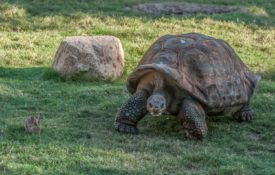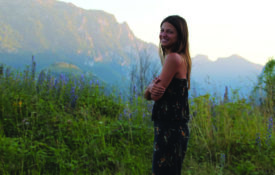Student Notebook
Welcome to the online home of the Student Notebook, a column published in the APS Observer dedicated to issues of interest to graduate students in psychology. The Student Notebook features articles written by APS Student Caucus members on a variety of topics. Since 1990, the Student Notebook has served as a forum in which APSSC members can communicate their ideas, suggestions, and experiences to APS members.
Do you want to write for APS?
The Student Notebook publishes articles intended for undergraduate and graduate students in the field of psychology. Student members are encouraged to write from a personal perspective on issues that reflect their experiences, expertise, or interests. Past topics have included advice on everything from finding a job to working with a supervisor, descriptions of authors’ unique research experiences, and discussions of important topics in the field of psychology. Members interested in writing for the Student Notebook are encouraged to review past articles to get an idea of the type and style of manuscripts that are printed.
All articles should be between 800-1,200 words. You can include references, but should limit those to 5-10 sources. Please include a short, 2-3 sentence, bio with your submission.
For more information, please email the APSSC Student Notebook editor at [email protected].
Learn about other ways to get involved with APS by visiting the volunteer page of the APS website.
Resources for Authors:
Communicating Psychological Science: Precision Is the Enemy of Understanding
Presenting Science: Best Practices for Making Data “Pop”
Publishing in Graduate School: Tips for New Graduate Students





















